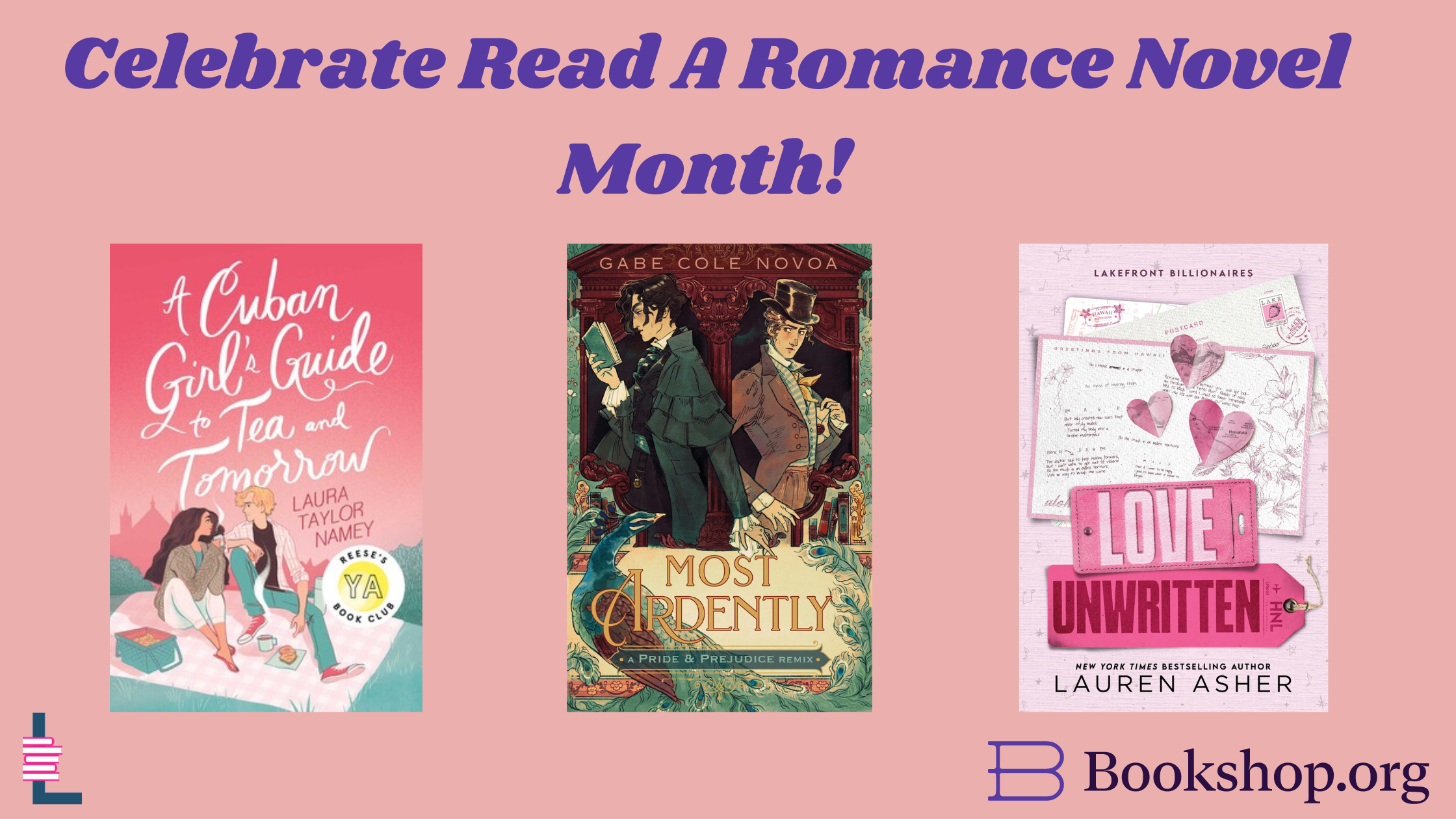Castle of the Cursed by Romina Garber is a young adult contemporary fantasy that surprised me on many levels. The story follows Estela, an 18-year-old girl who’s left in a state of depression and survivor’s guilt after the death of her parents in a New York subway incident. No one believes her when she argues that she saw a strange smoke right after everyone fell dead—everyone but her. When Estela receives a letter from who might be her latest relative alive, an aunt from the fictional town of Oscuro, Spain, she knows this is her chance to uncover the truth behind her parents’ death and unveil the secrets from their past.
Garber took great care of the mental health aspect this story. Throughout the book, Estela is haunted by the death of her parents, the only loved ones she ever knew. The incident broke her until she stopped speaking, and when she arrives at the mysterious La Sombra castle, she starts questioning her sanity when supernatural events chase her every night. In that respect, this is a book of grief and mental health, but ultimately, it’s also a journey of hope and love.
The fantasy lore is where the book shines the most, and the more I read, the more intrigued I was. This title is dark and gothic and extremely atmospheric, which is sometimes hard to translate into a contemporary setting. However, the deeper you dive into the lore, the more you realize that this book is more than a castle and a sad vampire (which all the girls love, of course). Where most fantasy books dump a lot of information on the reader from the beginning, Castle of the Cursed drops breadcrumbs of lore that you will eagerly devour because like the castle, you’re always hungry for more. Weaved in with the murder mystery and the strange town of Oscuro, everything is executed cleanly. Although I had my theories, that were more or less accurate, Garber kept me guessing until the very end and the whole truth behind the castle was beyond my expectations.
“Romantic, unexpected, and deliciously unsettling, ‘Castle of the Curse’ is a page turner from start to finish. ”
One part that I found particularly interesting was the way Garber incorporated Spanish into the book. Estela was never taught Spanish by her parents, and when she arrives to Spain, she must affront that communication barrier. What’s interesting is that Garber did not translate the Spanish dialogue, and I love that. It puts the non-Spanish speaker reader in Estela’s shoes. Throughout the book, though, Estela starts learning Spanish, which is subtly paired with La Sombra’s past, and the reader embarks in a journey that starts with simple translations from Estela’s part and grows until she has a good grasp of the language.
The romance between Estela and Sebastián is another major plot in this book. At first dark and unnerving, their relationship grows sweet and caring. Theirs is the love story of two broken souls who find comfort in each other. Not a romance in the traditional sense, where you giggle and kick your legs when they kiss, but yes, also that. Despite their circumstances, Estela and Sebastián create a connection that goes beyond attraction. Readers of enemies-to-lovers might enjoy their dynamic, although it doesn’t completely adjust to the trope, instead evolving into a pleasant new direction.
Romantic, unexpected, and deliciously unsettling, Castle of the Curse is a page turner from start to finish. The delicate mental health representation, the dark, eerie secrets behind La Sombra, the soft romance amidst all things vicious—it all blends into the perfect book for those looking for a stimulating read.
Dianna Vega is a Dominican assistant editor, fiction writer, and poet based in Florida. She holds a bachelor’s degree in creative writing from the University of Central Florida. She is a 2024 Periplus Fellow. Her poetry has appeared in Outrageous Fortune and South Dakota Review.

























